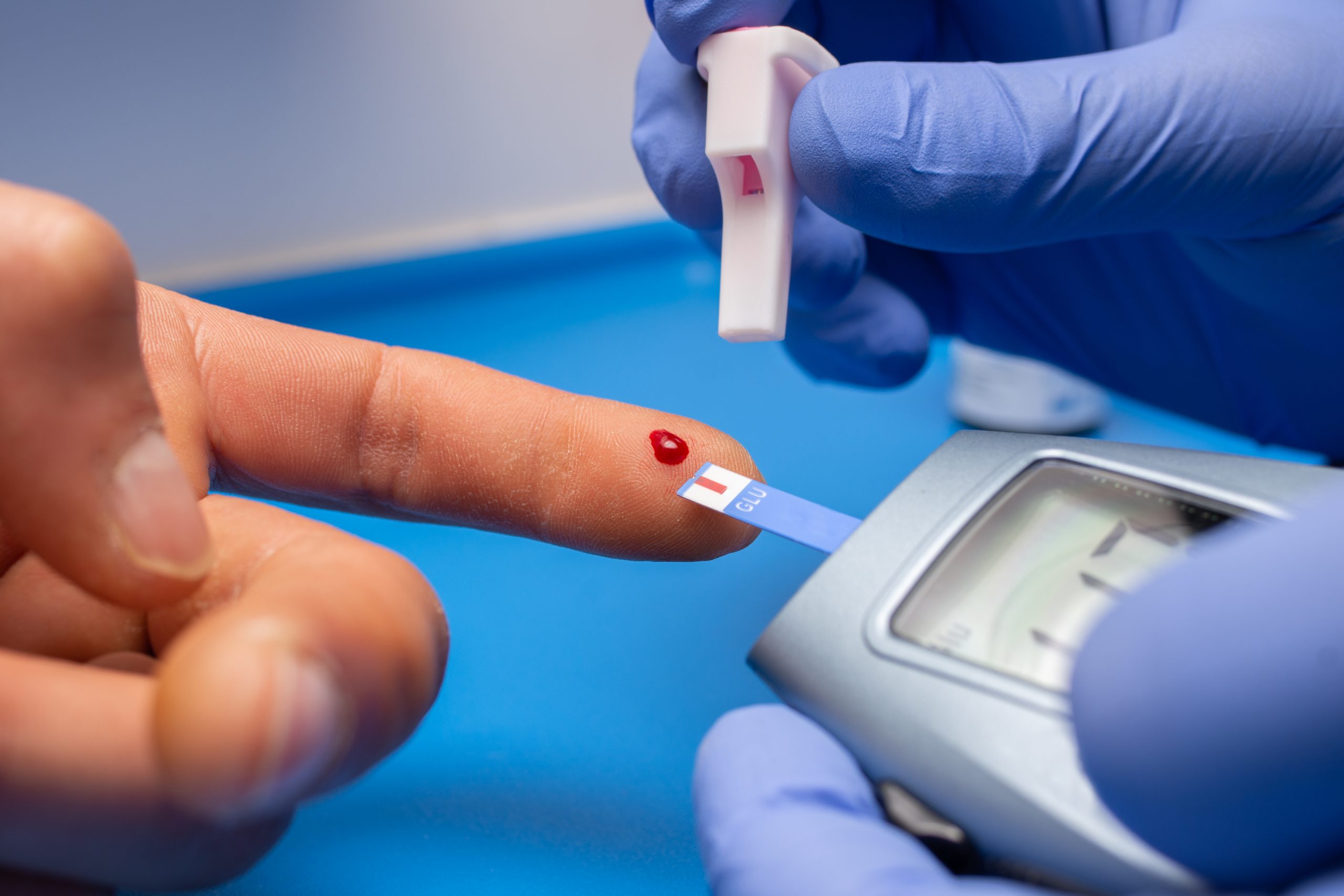

Semaglutide (brand names Ozempic, Wegovy, and Rybelsus) treatment for newly diagnosed type 1 diabetes patients may significantly reduce or perhaps completely remove the requirement for injectable insulin in these patients.
These are the astounding results of a small University at Buffalo study that were released in the New England Journal of Medicine on September 6 and made available online.
“Our findings from this admittedly small study are, nevertheless, so promising for newly diagnosed type 1 diabetes patients that we are now absolutely focused on pursuing a larger study for a longer period of time,” says Paresh Dandona, MD, Ph.D., SUNY Distinguished Professor in the Department of Medicine, former chief of the Division of Endocrinology in the Jacobs School of Medicine and Biomedical Sciences at UB and senior author on the paper.
Between 2020 and 2022, the Division of Endocrinology at UB’s Clinical Research Center investigated a total of 10 individuals, all of whom had recently received a type 1 diabetes diagnosis during the previous three to six months. The mean HbA1c level (a person’s average blood sugar level over 90 days) at diagnosis was 11.7, significantly beyond the HbA1c standard of 7 or less from the American Diabetes Association.
First, a low dose of semaglutide was administered to the patients, along with mealtime (bolus) and background (basal) insulin. Semaglutide dosage was raised while mealtime insulin was decreased as the study went on to prevent hypoglycemia.
“Within three months, we were able to eliminate all of the mealtime insulin doses for all of the patients,” says Dandona, “and within six months we were able to eliminate basal insulin in 7 of the 10 patients. This was maintained until the end of the 12-month follow-up period.”
The patients’ mean HbA1c decreased over that time to 5.9 at six months and 5.7 at twelve months.
Using medications for type 2 diabetes to treat type 1 diabetes
Dandona has been curious in whether medications designed to treat type 2 diabetes may also be used to treat type 1 diabetes for more than ten years.
In a study he published in 2011, he and his colleagues became the first to investigate how liraglutide, a different medication for type 2 diabetes, would function in people with type 1 diabetes.
“As we extended this work, we found that a significant proportion of such diabetics still have some insulin reserve in the beta cells of their pancreas,” Dandona explains. “This reserve is most impressive at the time of diagnosis, when 50% of the capacity is still present. This allowed us to hypothesize that semaglutide, which works through stimulation of insulin secretion from the beta cell, could potentially replace mealtime insulin administration.”
The current study’s initial objective was to determine whether semaglutide medication might be used to substitute mealtime insulin in order to lower the insulin dosage, enhance glycemic control, lower the HbA1c, and get rid of potentially harmful blood sugar swings and hypoglycemia.
A proportion of patients had weight loss as a result of the most frequent side effects, which included nausea, vomiting, and appetite suppression. According to Dandona, this result is generally advantageous because 50% of type 1 diabetes patients in the U.S. are overweight or obese.
“As we proceeded with the study, we found that even the dose of basal insulin could be reduced or eliminated altogether in a majority of these patients,” he says. “We were definitely surprised by our findings and also quite excited. If these findings are borne out in larger studies over extended follow-up periods, it could possibly be the most dramatic change in treating type 1 diabetes since the discovery of insulin in 1921.”
more recommended stories
 Red Meat Consumption Linked to Higher Diabetes Odds
Red Meat Consumption Linked to Higher Diabetes OddsKey Takeaways Higher intake of total,.
 Pediatric Crohn’s Disease Microbial Signature Identified
Pediatric Crohn’s Disease Microbial Signature IdentifiedKey Points at a Glance NYU.
 Nanovaccine Design Boosts Immune Attack on HPV Tumors
Nanovaccine Design Boosts Immune Attack on HPV TumorsKey Highlights Reconfiguring peptide orientation significantly.
 High-Fat Diets Cause Damage to Metabolic Health
High-Fat Diets Cause Damage to Metabolic HealthKey Points Takeaways High-fat and ketogenic.
 Acute Ischemic Stroke: New Evidence for Neuroprotection
Acute Ischemic Stroke: New Evidence for NeuroprotectionKey Highlights A Phase III clinical.
 Statins Rarely Cause Side Effects, Large Trials Show
Statins Rarely Cause Side Effects, Large Trials ShowKey Points at a Glance Large.
 Can Too Many Antioxidants Harm Future Offspring?
Can Too Many Antioxidants Harm Future Offspring?Key Takeaways High-dose antioxidant supplementation in.
 Anxiety Reduction and Emotional Support on Social Media
Anxiety Reduction and Emotional Support on Social MediaKey Summary Anxiety commonly begins in.
 Liquid Biopsy Measures Epigenetic Instability in Cancer
Liquid Biopsy Measures Epigenetic Instability in CancerKey Takeaways Johns Hopkins researchers developed.
 Human Antibody Drug Response Prediction Gets an Upgrade
Human Antibody Drug Response Prediction Gets an UpgradeKey Takeaways A new humanized antibody.

Leave a Comment